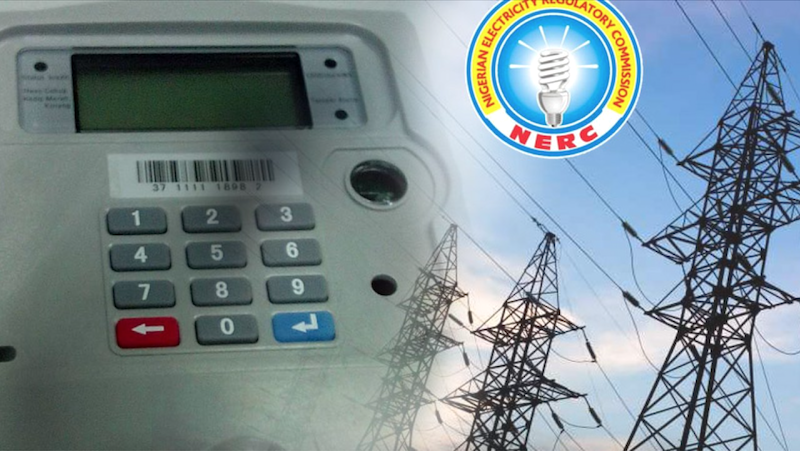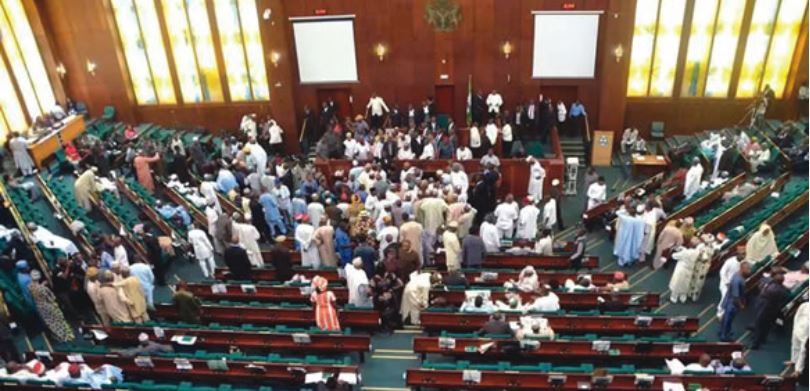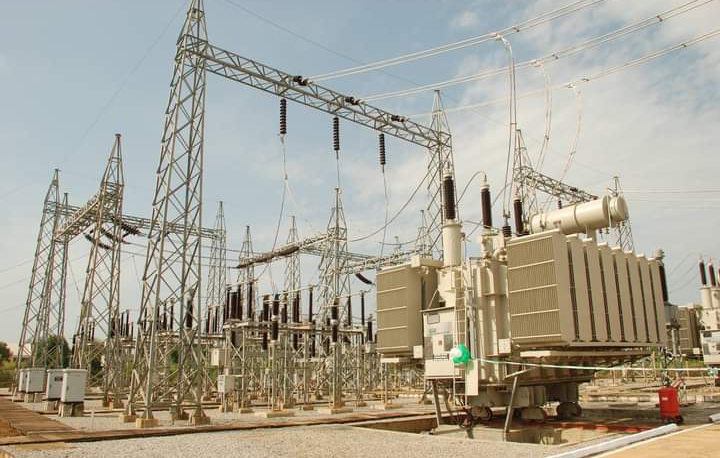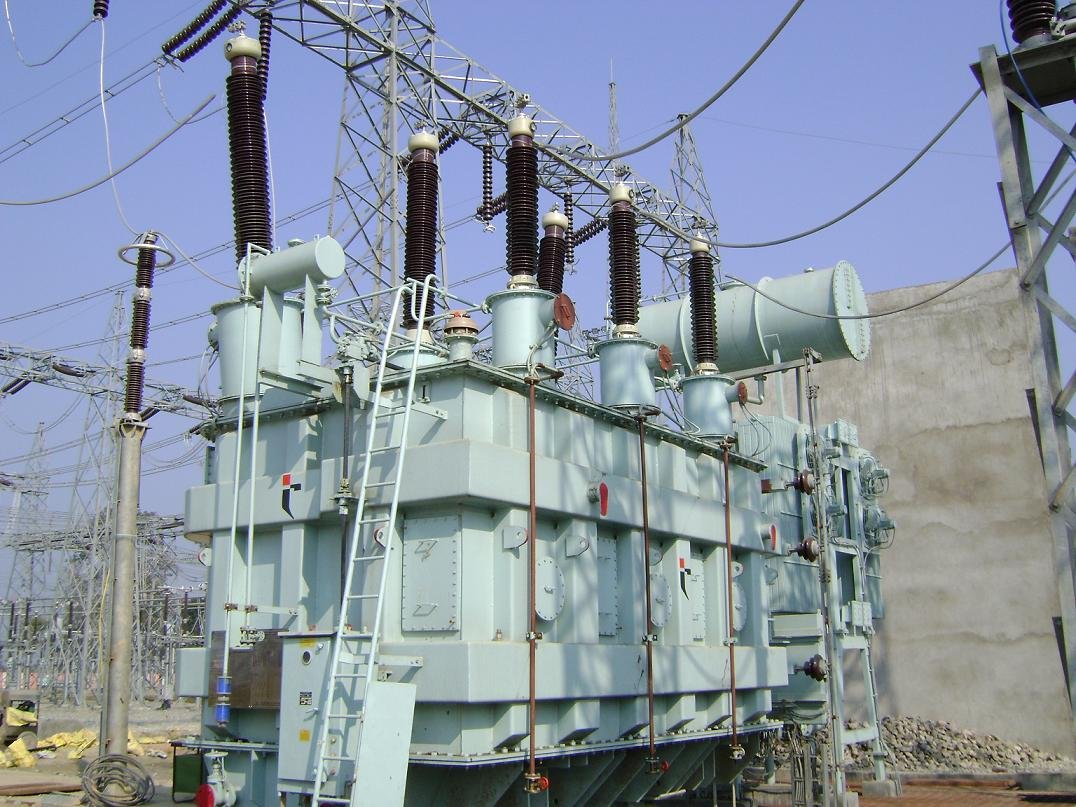The Nigerian Electricity Regulatory Commission (NERC) has slammed a N200 million fine on the Abuja Electricity Distribution (AEDC) over unfair billing after the recent electricity tariff hike.
Recall that NERC had on Wednesday hike tariff from N68/kWh to N225/kWh for electricity consumers in Band A, who enjoy power supply for an average of 20 hours daily.
However, AEDC owned up to having wrongly billed customers who tried to recharge their metres following the new tariff regime.
The Management of AEDC subsequently tendered an apology for the unfair billing in a notice to its customers in Abuja on Thursday.
In trying to explain the unfair billing AEDC stated: ”This is to inform customers across the AEDC franchise that we are aware of the wrong charges faced by some Band A customers who tried to recharge their metres following the new tariff regime.
“This is due to a system glitch caused by the reclassification of some Band A customers who have now been downgraded to B due to the number of hours of electricity supply enjoyed over the past few weeks.
“These erstwhile Band A customers who vended were charged the new tariff of N225 per Kilowatt Hour. Our team is working to identify the customers affected and all excess charges will be refunded”.
According to AEDC, the situation also saw some Band A customers who are now charged N225 vend at the old rate.
The company said that once the glitch is resolved, these categories of customers would now recharge their metres at the new rate of N225, which will ensure they enjoy a minimum supply of 20 hours daily.
“We apologise for any inconvenience caused to our customers during this change.
“We remain committed to improving the power supply to all categories of customers, and we crave your understanding and support as we do this, ‘’ it said.
However, NERC would not accept the explanation of AEDC, having fined the electricity distributor N200 million for failure to comply with the prescribed customer band classifications for the tariff billing.
In a statement issued by the NERC management in Abuja on Friday, the commission stressed AEDC was fined for non-compliance with the Supplementary Order to the April 2024 Multi-Year Tariff Order 2024 for the company.
NERC said that AEDC will pay the N200 million as a fine for the flagrant breach of the commission’s order.
According to the NERC, the decision follows a detailed review and customer feedback, which revealed that AEDC had applied the new tariff to all customer bands, contrary to the order, which was designed to ensure fair billing practices.
”AEDC is therefore mandated to: reimburse all customers in Bands B, C, D and E respectively that were billed above the allowed customer categories/tariff bands provided in the order.
”Reimburse through the provision of the balance of customer tokens that the affected customers would be entitled to receive at the applicable rates.
”And all token reimbursements shall be issued to the affected customers by April 11, 2024,”it said.
The commission also directed the AEDC to file evidence of compliance with the directives in a & c with the Commission by April 12.
“The action by the commission underscores its commitment to protecting consumer rights and ensuring equitable practices within Nigeria’s electricity sector,” it stated.






